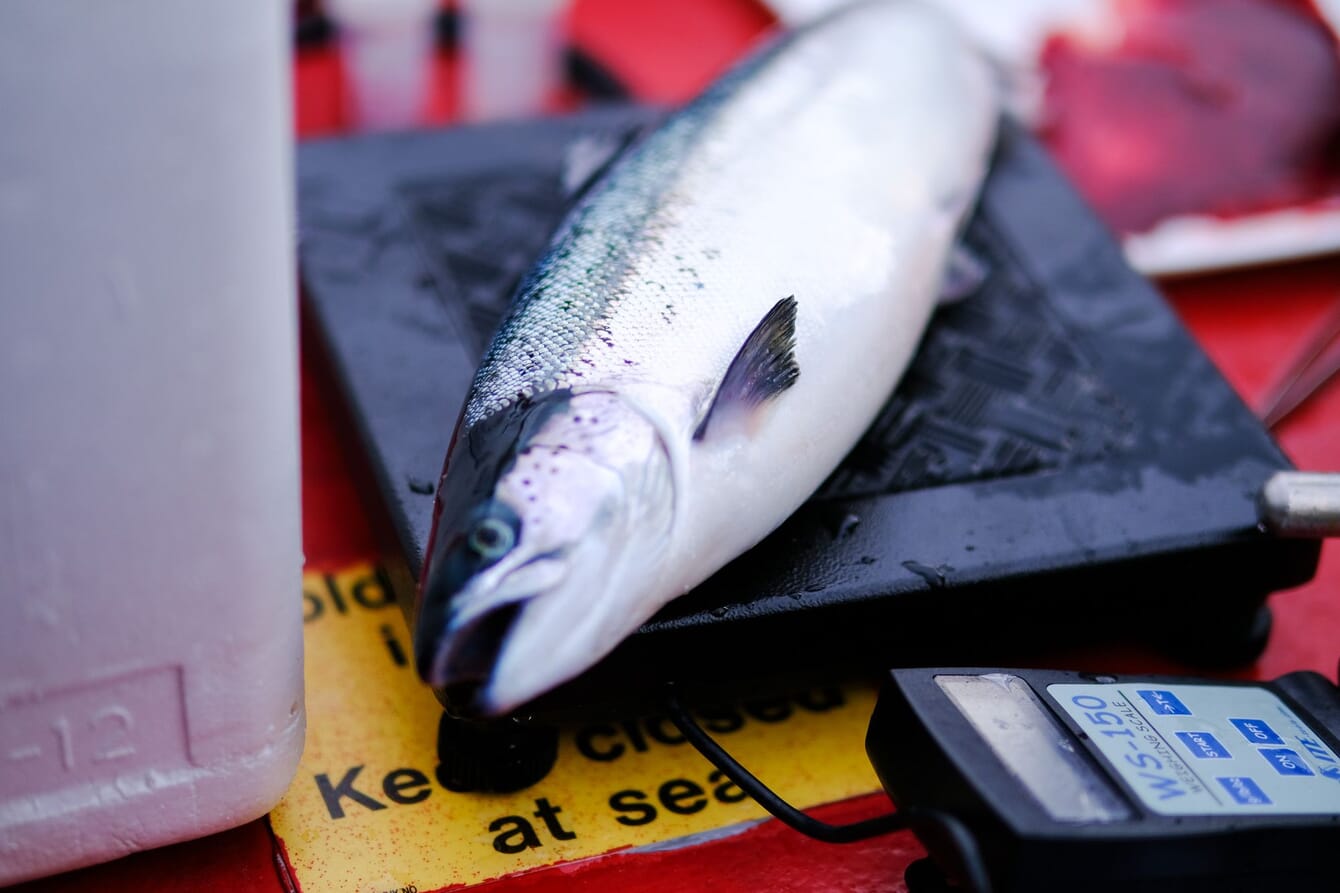
© Probotic
The Mabit-funded project – whose partners included Probotic, Akvaplan Niva, Ballangen Sjøfarm and Cermaq – aimed to investigate the effects of biological conditions during net cleaning and verify that the novel technology does not harm fish health in any way.
The study's sub-objectives included mapping the number of particles dislodged during net cleaning, identifying fouling communities, assessing any correlation between net cleaning and gill problems, analysing fish behaviour during cleaning, and verifying if there were any seen effects on salmon while Probotic's robot was in use.
The study’s results indicate that the use of Probotic's hardware during production did not negatively affect the fish's mortality levels or appetite compared to pens without the robot at the same facility and with the same fish group.
However, the study also highlighted the need for larger-scale projects to obtain more reliable data.
“Probotic would like to thank all project partners for their valuable contributions, Cermaq and Ballangen Sjøfarm for providing the necessary test facilities and resources to enable this project, and Akvaplan niva, which delivered excellently on the research and crafted insightful reports, and Mabit for cofunding the project with Probotic. Their cooperation was instrumental in successfully carrying out the project and achieving its milestones,” said the startup in a press release.




